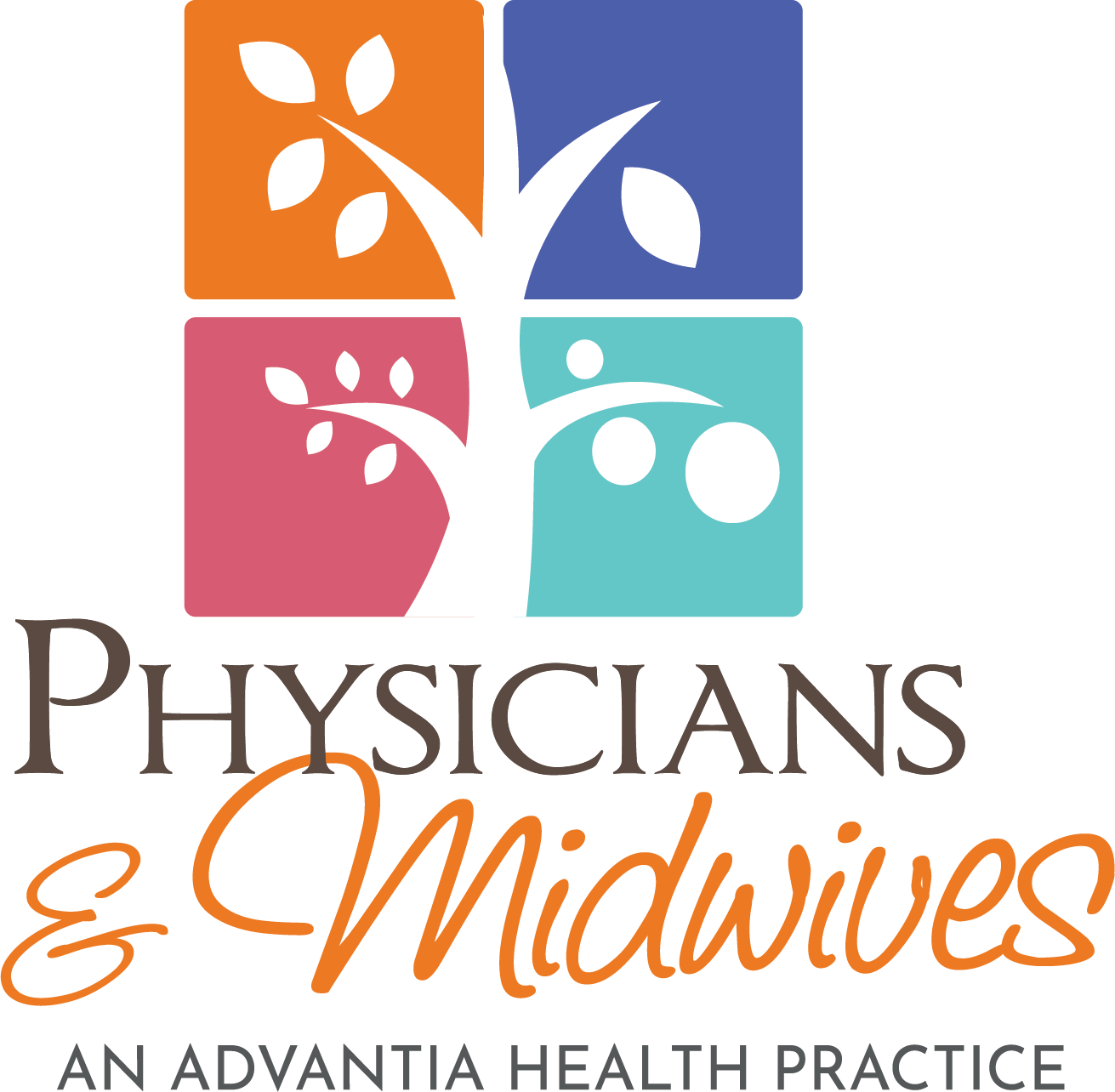
Published on: 16 November, 2015
Read Time: 4 min
First, I am confused about the new guidelines regarding yearly checkups. I know it is now recommended to do a Pap test only every 3 years if you have a negative HPV test. I did mine last year, so I’m good for two more years…. BUT does this mean you do not come in at all? Is it still recommended to get a pelvic exam/well woman exam every year? What would that consist of?
Though you may not need a Pap test, your annual exam is still a very important part of your healthcare that shouldn’t be put off. Your yearly well woman visit, whether you’re due for a pap test or not, gives your physician, midwife or nurse practitioner an opportunity to talk to you about other aspects of your health that are equally important.
The American College of Obstetricians and Gynecologists considers the annual visit a crucial part of medical care. Booking a yearly exam with one of our physicians, midwives or nurse practitioners allows us to provide you with the best possible preventative care. What your annual exam will entail will depends on your age and risk factors. Speaking of risk factors, an annual visit with one of our physicians, midwives or nurse practitioners allows the opportunity to recognize risk factors and identify medical problems.
The following are important aspects of your well woman exam:
- Pelvic exam. Contrary to popular belief; a pelvic examination and pap test are two different things. During a pelvic exam, your doctor will visually and manually examine your reproductive organs. They will check your vagina, vulva, cervix, uterus, and pelvic, including your ovaries. This is done to check for any abnormalities, such as growths, pelvic pain, or unusual discharge. It is during your pelvic exam that your doctor can find the signs of ovarian cysts, uterine fibroids, and even early-stage cancer. Even if you are not due for a pap test based on the current guidelines, your doctor can perform one if your symptoms warrant. You can also contact one of our offices or book an appointment online for a pelvic exam outside of your yearly well woman visit if you’re experiencing concerning symptoms, like unusual bleeding or discharge, pain, or other gynecologic symptoms.
- Physical examination. During your appointment, the physician, midwife or nurse practitioner will check your height and weight, along with examining your neck and abdomen. They will also take your blood pressure.
- Your physician, midwife or nurse practitioner will take this opportunity to talk to you about your concerns and learn more about your history. Learning about your family medical history, your menstrual history, and lifestyle helps your physician determine your risk of certain conditions and recommend appropriate screening. Your physician, midwife or nurse practitioner will also counsel you on maintaining a healthy lifestyle to lower your risk of disease.
- Being screened for diseases is a crucial part of your well woman exam. The conditions that you will be screened for depend on your age and risk factors, and may include screening for STDs, diabetes, and certain cancers.
- Clinical breast exam. During your visit, the physician, midwife or nurse practitioner will perform a breast exam and refer your for you’re a screening mammogram (depending on age and history) or other imagining, such as a diagnostic mammogram or ultrasound if needed.
- The yearly visit allows your physician, midwife or nurse practitioner to ensure that you are up to date on your vaccines needed depending on your age and risk factors.
As you can see, your well woman exam is about much more than just a pap test.

Physicians and Midwives, an Advantia Health Practice
Physicians and Midwives is a unique collaborative practice you won’t find anywhere else. We have 5 offices for your convenience all across Northern Virginia, including Alexandria, North Arlington, Mt. Vernon, Kingstowne, and Woodbridge. If you would like to be listened to, as well as cared for, then look no further.





